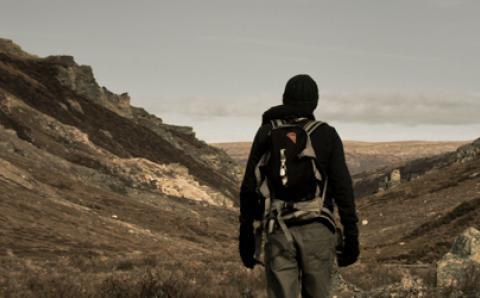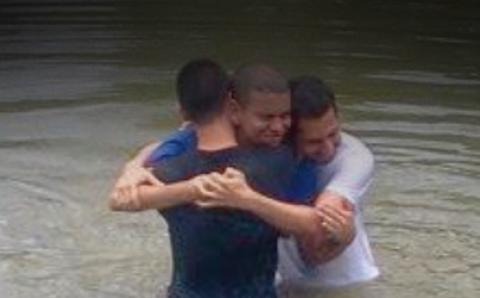- What if the Board of Trustees were the only body to receive specific delegated authority from synod, with other agency boards and ministry councils receiving its designated authority through that Board of Trustees?
- What if a council of delegates from every classis met annually between synods and it elected a group of 12 persons (six Canadians and six Americans) to form an executive group to meet more frequently to “provide more nimble support and guidance to an executive team led by the executive director?”
- What if agency boards remained as registered charity boards for their external functioning but were able to align within a classically based Board of Trustees?
- What if we formed a nominating committee that would identify more persons to serve at various levels of the church?
- What if some or all agency boards became advisory councils?
Those are the types of questions that the Task Force to Review Structure and Culture wants the Christian Reformed Church to grapple with over the coming year.
The task force was formed in 2011 by synod (the annual leadership meeting of the CRC) following the resignation of the executive director and the director of denominational ministries. Synod mandated the task force to recommend short-, medium-, and long-term measures that would improve the culture, structure, and leadership of the CRC.
During the first two years of its mandate, the task force developed new position descriptions for senior leadership positions, including that of the executive director, and identified ways for cultivating the binational character of the CRC. It also received Synod 2013’s endorsement for its “Five Streams” proposal as a way of aligning ministries that are working toward similar goals.
In its report to Synod 2014, the second-to-last year of its mandate, the task force examined the relationship between local church councils, classes, synod, the denomination’s Board of Trustees, and the boards of the specific ministry agencies such as World Renew, Christian Reformed World Missions, and Back to God Ministries International. In particular, the task force looked at the dual authority and accountability that has existed for more than two decades between those agency boards and the Board of Trustees, which, said the task force, “has at times led to confusion, duplication, suspicion, and tension.”
Already in its 2012 report, the task force noted, “The CRCNA operates largely as autonomous agencies and ministries—in part due to our history, culture, structure, and leadership—a ‘confederacy of nonprofits’ versus a ‘union of ministries.’” That has contributed, the task force observed, to conflicting interests between agency boards, agency directors, and central administration that has contributed to, among other things, a very complex organization with a culture of competition and division, underrepresented specialized ministries, funding distribution issues, difficulty in making timely decisions, and an organization that may be too costly to maintain.
The task force identified the need to retain people’s focused passion for specific ministries and to keep those ministries connected to local congregations and classes. It also noted the need for the denomination to respond nimbly to new ministry opportunities, along with clear accountability and the elimination of unnecessary dual accountability in the church’s structure and a reduction of costs.
“In the course of our denominational history, we have sought to work through the polarity of centralization and decentralization. We have sought to honor the focused passions of people and ministries while also seeking to harness together resources and people for a unified mission.”
In its report to Synod 2014, the task force said that the church can continue with the current structure, maintaining the status quo. It could centralize authority by changing all agency boards to advisory councils and maintain the Board of Trustees as it currently exists. It noted that those two options—decentralization and centralization—have been part of the ongoing denominational conversation since 1990.
But the task force also asks, What if there is something in between those two poles? To that end, it would like the church to wrestle in the coming year with those “What if” questions.
The full report of the task force, including all those questions, is contained in the Agenda for Synod 2014. Synod 2014 will be held in Pella, Iowa, in June.
About the Author
Gayla Postma retired as news editor for The Banner in 2020.








